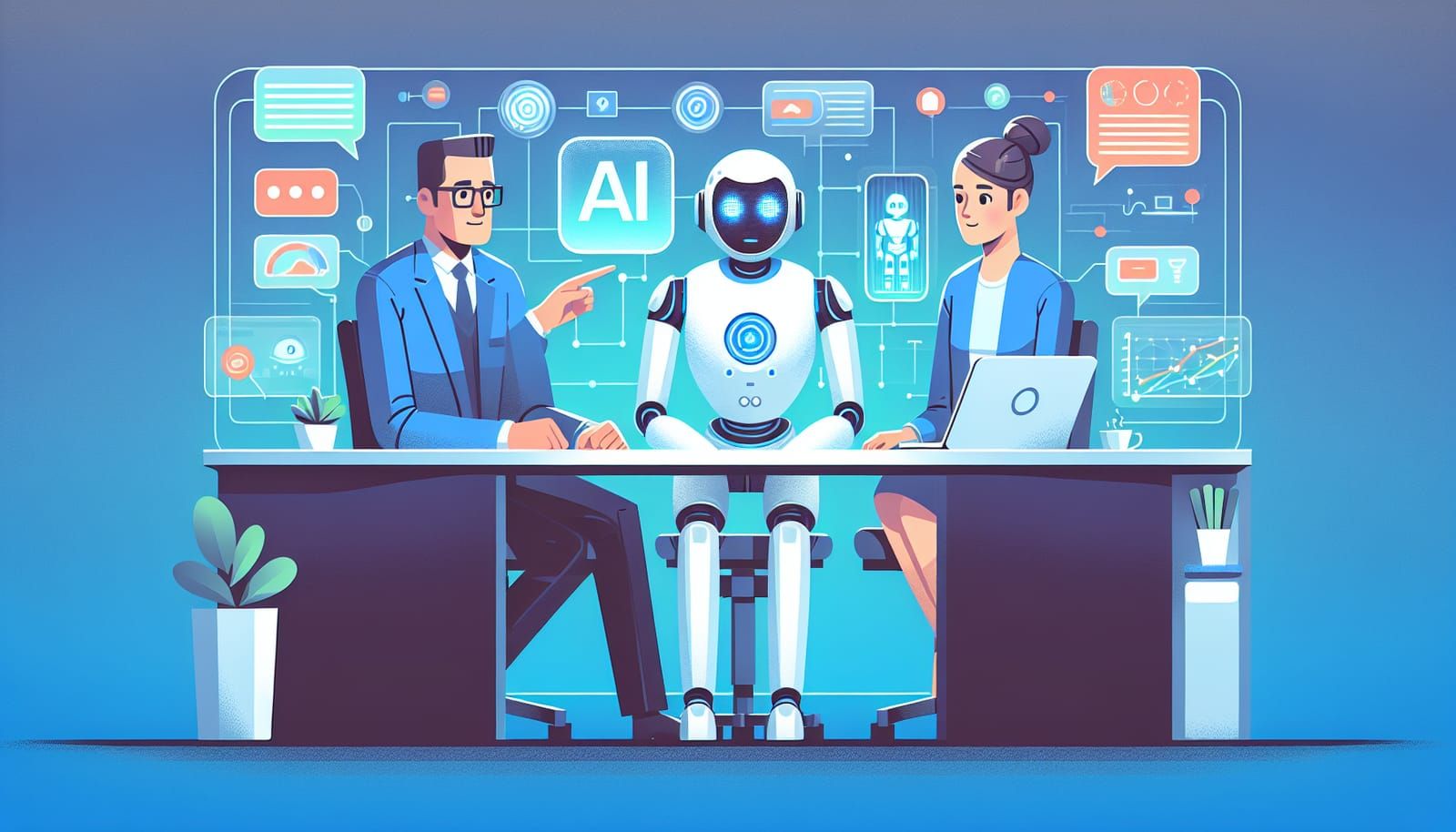In our ever-evolving digital world, artificial intelligence (AI) has become a hot topic, with many people imagining the perfect AI assistant that can do everything for us. You may have seen movies where robots follow every command flawlessly, or heard tech enthusiasts boast about the capabilities of their virtual assistants. However, the truth is that the concept of a perfect AI assistant is largely a myth. Let’s explore why this is the case and what AI can realistically offer us.
What Is Artificial Intelligence?
Before diving into the myth, it’s essential to understand what AI actually is. At its core, AI refers to computer systems designed to mimic human intelligence. This includes learning, reasoning, problem-solving, and even understanding language. AI can analyze vast amounts of data, recognize patterns, and make decisions based on that information.
However, AI isn’t magical. It operates within the confines of pre-set algorithms and vast datasets. So, while it can do impressive things, it has limitations that prevent it from being “perfect.”
The Limitations of AI
One of the biggest misconceptions about AI is that it can handle every task perfectly. In reality, AI systems can struggle with various challenges. Here are a few limitations:
Understanding Context: AI often lacks deep contextual understanding. For example, if you ask a virtual assistant to “book a table,” it may not know whether you mean at a restaurant or a conference. The subtleties of human language can be tricky for AI to navigate.
Emotional Intelligence: AI can’t truly understand or replicate human emotions. While it can recognize sentiment in text or speech, it doesn’t “feel” anything. This limitation means AI cannot provide the compassion or empathy that a human can offer.
Creativity: AI can generate new ideas or art by learning from existing works, but it doesn’t possess true creativity. It relies on patterns and examples it has seen before, which means it can’t come up with entirely new concepts in the same way humans can.
[tips[ Did you know that AI can help you learn a new language? Apps like Duolingo use AI to personalize your learning experience, adapting to your pace and style! ]tips]
The Reality of AI Assistants
When we think of AI assistants like Siri, Alexa, or Google Assistant, we often envision them as perfect companions that can answer any question or complete any task. However, these assistants have specific strengths and weaknesses. They can perform certain tasks remarkably well, but they are not flawless.
For instance, these assistants excel in tasks like setting reminders, providing weather updates, or playing music based on your preferences. However, they can misinterpret commands, struggle with accents, or fail to understand complex inquiries.
Understanding these strengths and weaknesses can help users make the most of AI assistants. Instead of expecting them to solve every problem, we can utilize their capabilities in areas where they excel.
The Future of AI: Collaboration, Not Replacement
While the idea of a perfect AI assistant is appealing, the reality is that AI is meant to complement human abilities, not replace them. The most effective use of AI lies in collaboration. For example, in workplaces, AI can analyze data and provide insights, while humans can make strategic decisions based on those insights.
This collaborative approach opens up exciting possibilities. Imagine a world where AI helps doctors diagnose diseases faster, allows teachers to personalize learning for students, or aids researchers in discovering new treatments for illnesses. The potential is enormous, but it requires a balanced partnership between humans and AI.
[tips[ You can use AI to enhance your productivity! Tools like Notion and Trello use AI to help you organize tasks more efficiently, making project management a breeze. ]tips]
The Role of Ethics in AI Development
As we develop AI technologies, it’s essential to consider ethical implications. The question of how AI is trained, what data is used, and how decisions are made is crucial. Bias in AI can lead to unfair outcomes, which is why it’s vital for developers to create AI systems that are transparent and fair.
Education about AI ethics is becoming increasingly important. Understanding how AI works and the potential biases that can arise allows users to make informed decisions. As individuals, we can advocate for responsible AI development, ensuring that technology serves everyone fairly.
Conclusion: Embracing the Imperfections of AI
The myth of the perfect AI assistant can often lead to unrealistic expectations. While AI has made astounding advancements, it is far from perfect. By recognizing its limitations and understanding how to collaborate with AI, we can harness its potential to improve our lives.
AI is not here to take over but to support and enhance our capabilities. With informed usage, we can use AI to accomplish tasks more efficiently, solve problems creatively, and even enjoy our daily lives a little more.
So, the next time you interact with your AI assistant, remember that it’s not a perfect being, but rather a tool designed to help you in specific ways. Embrace the journey of discovery and learning with AI, and you may find that its imperfections are what make it all the more fascinating!
[tips[ AI can help you navigate your day! Use apps like Google Maps which leverage AI to provide real-time traffic updates and suggest the best routes to your destination. ]tips]


